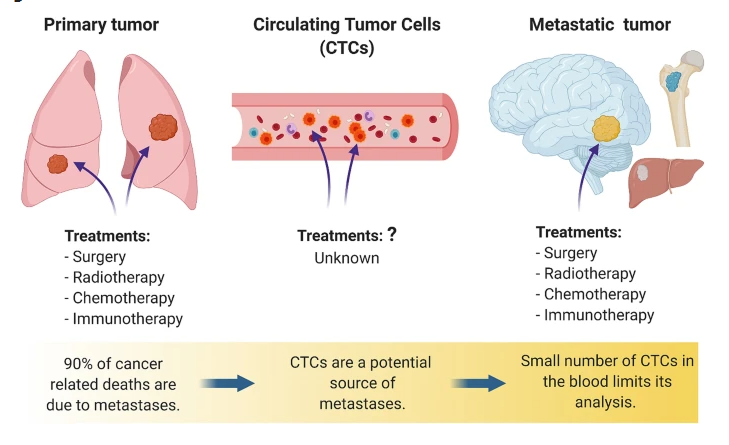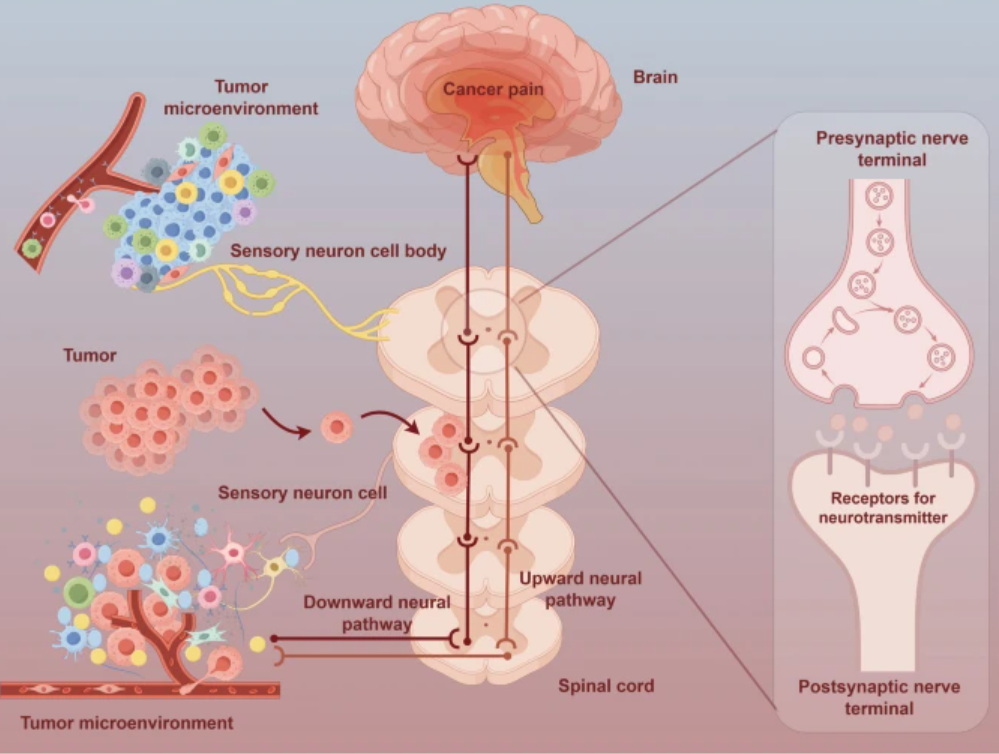New Discovery Links Mitochondrial DNA to Immunotherapy Success in Cancer Treatment
Category : Colorectal Cancer | Sub Category : Colorectal Cancer Posted on 2025-10-14 15:26:13

A groundbreaking study has uncovered a potential weak spot in cancer that could make treatments far more effective. Scientists have found that changes in mitochondrial DNA — the genetic material inside a cell’s energy-producing structures — can dramatically influence how well cancer responds to immunotherapy.
Immunotherapy works by helping the body’s immune system recognize and attack cancer cells, but its effectiveness varies widely among patients. In this new research, experts discovered that by “rewiring” the DNA of mitochondria, they could make tumors up to two and a half times more likely to respond to treatment.
The team focused on nivolumab, a commonly used immunotherapy drug for cancers such as melanoma, lung, liver, and bowel cancer. Nivolumab works by removing the immune system’s “brakes,” allowing it to target and destroy cancer cells more effectively.
Laboratory experiments showed that nivolumab was up to 2.5 times more effective in tumors with high levels of mitochondrial DNA mutations. This discovery could help doctors identify which patients are most likely to benefit from immunotherapy before treatment begins.
Researchers also believe that mimicking the effects of these mutations could help make treatment-resistant cancers more responsive to immunotherapy — potentially expanding its benefits to thousands of patients who currently see limited success with such drugs.
“Cancer is a disease of our own bodies. Because cancer cells can resemble healthy ones, getting the immune system to recognize and destroy them is challenging. More than half of cancers have mutations in their mitochondrial DNA. When we engineered these mutations in the lab, we found that tumors with the most mutated mitochondrial DNA were far more sensitive to immunotherapy.”
He added that this breakthrough provides “a powerful tool and an entirely new approach to stopping cancer in its tracks.”
The discovery’s underlying technology is now the subject of patent filings by Cancer Research Horizons, CRUK’s innovation division. This step aims to help bring new treatments to market that disrupt the energy sources cancer cells rely on to grow and spread.
“After years of detailed laboratory research, we’ve identified a vulnerability in cancer’s biology. Mitochondrial DNA mutations are common in tumors, and this discovery has enormous potential for future therapies.
Leave a Comment:
SEARCH
Categories
Recent News
- Cancer Pain Medications
- Gastric Cancer (Stomach Cancer)
- New Discovery Links Mitochondrial DNA to Immunotherapy Success in Cancer Treatment
- John’s Journey: Healing Through Lifestyle and Natural Remedies
- The truth about finding a cure for cancer
- Federal Government Commissions Three Oncology Centres to Strengthen Cancer Care in Nigeria
- Nigeria Advances National Cancer Control Efforts
- Nigeria’s Biggest Cancer Awareness Walk by Mukhtasar M. Alkali
READ MORE
2 months ago Category : Tell us your Story

Cancer Pain Medications
Read More →2 months ago Category : Gastric Cancer

Gastric Cancer (Stomach Cancer)
Read More →3 months ago Category : Colorectal Cancer

New Discovery Links Mitochondrial DNA to Immunotherapy Success in Cancer Treatment
Read More →3 months ago Category : Tell us your Story
